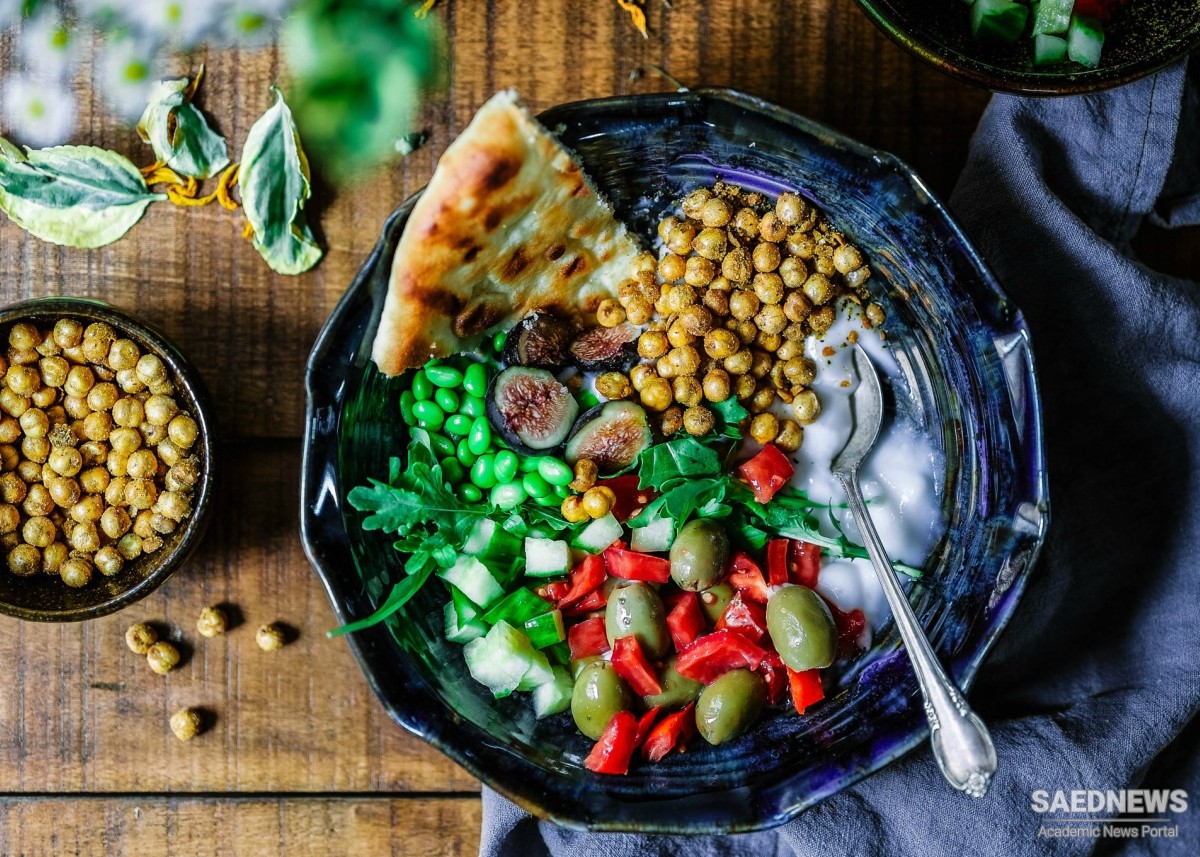That we are what we eat explains why so many of us expend so much effort to control what we do—and do not—eat. From allergies to aversions, the dangers of the palate lurk behind the anticipated pleasures, and both preoccupy us precisely because food plays so central a role in constructions of the self. Thinking rather more like our premodern ancestors than the postmoderns that we often fancy ourselves to be, we alternate between the hope and the fear that we will somehow come to resemble what we eat. Apprehension of the unknown invariably colors the hope of bliss. Inescapably, fear of pain colors our expectations of delight. At the same time, as the saying "man is what he eats" reminds us, we do a lot with what we eat, and on all levels. Transformation, not addition, supplies a more appropriate model for what humans do with food, from digestion and defecation to symbolization, which is why food has so much to do with constructing our identities. Individually and collectively, though in a very complicated way, we are indeed what we eat. We are also how, where, when, and why we eat. Humans eat many different foods in different venues, on different occasions, and for different reasons. Our most fundamental physiological needs convey relatively little about our social selves. Fully as much as standard analytical variables such as work, education, ethnicity, or class, our delights tell us and others what we are. The pleasures that we practice offer signs to the ways in which we construct our selves and how we connect to the worlds around us. Pleasures loom all the larger in our readings of the social world because they limit fully as much as they liberate. More than any other single factor, this fundamental duality, and the ensuing ambiguity, transforms our pleasures into a privileged setting for the production of social identity. Put another way, our needs and constraints force us to think about our pleasures as one definition of well-being. Making and remaking social worlds with every bite we take, we eat what we are and to become what we’d like to be.


 Food Tourism and Halal Concerns: Prohibited Cuisines in Islam
Food Tourism and Halal Concerns: Prohibited Cuisines in Islam














































